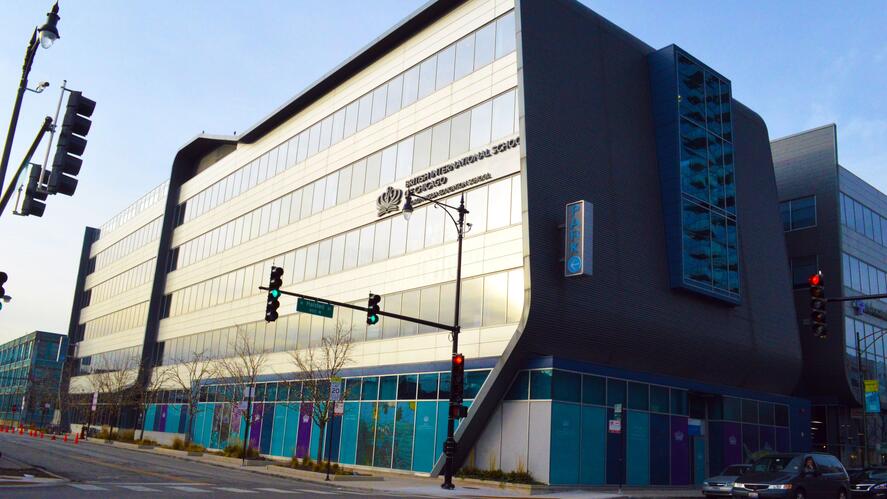Admissions Open
Now accepting applications for the 2026-2027 Admission Season. Limited spaces available in some year groups for the 2025-2026 school year. Apply Now!

Our two-year International Baccalaureate Diploma Program (IBDP) leads to a qualification that is widely recognized by the world’s leading universities. Learning more than a collection of facts, your child will be prepared for university and be encouraged to:
Students in the IB Diploma Program take one course from six academic groups:
Three courses are taken at Higher Level (comprising additional teaching hours), and three courses are taken at Standard Level. There are more than 25 course options available to students, allowing BISC to have one of the most flexible IB programs in the city.
To qualify for the IB Diploma students must also complete the three core requirements; service hours known as CAS (Creativity, Action, Service); complete an extended essay; and take a course in the Theory of Knowledge.
Extended Essay is a requirement for students to engage in independent research through an in-depth study of a question relating to one of the subjects they are studying.
Theory of Knowledge is a course designed to encourage critical thinking by examining different ways of knowing (sense perception, emotion, language and reason) and different areas of knowledge, which include mathematics, natural science, human science, history and ethics.
Creativity, Action, Service requires that students actively learn from the experience of doing real tasks beyond the classroom; students can combine all three components or do activities related to each one of them separately.